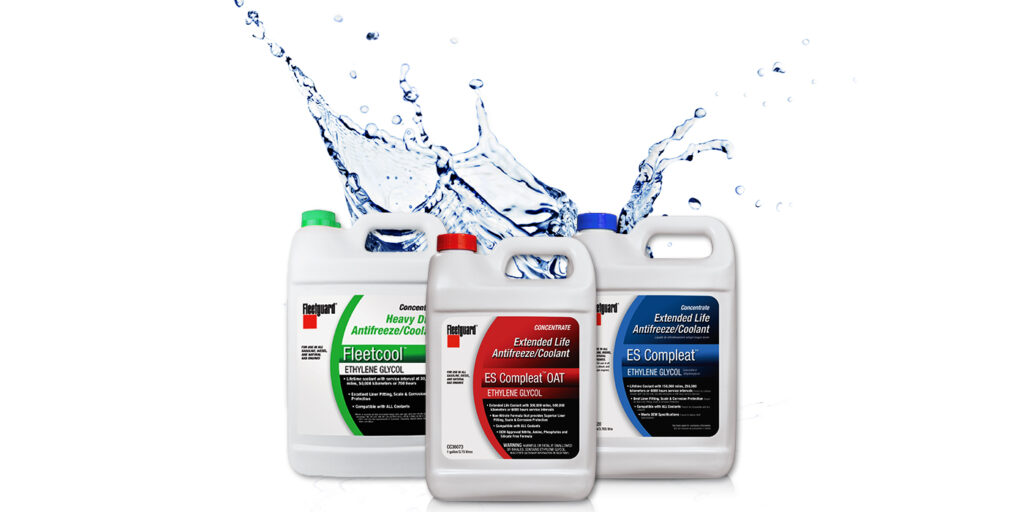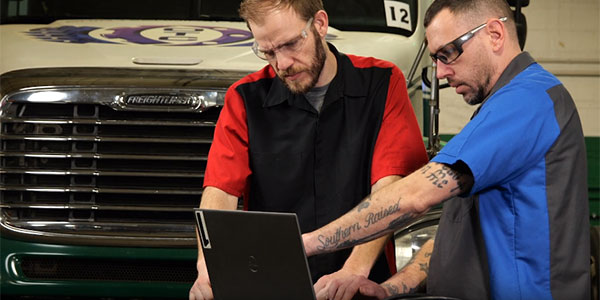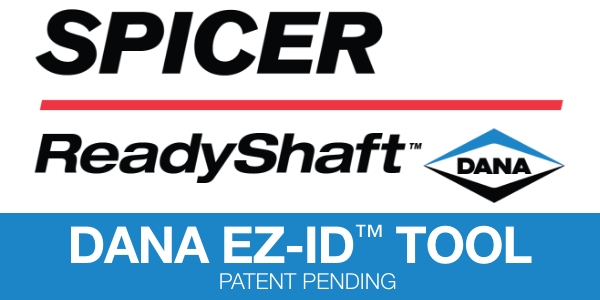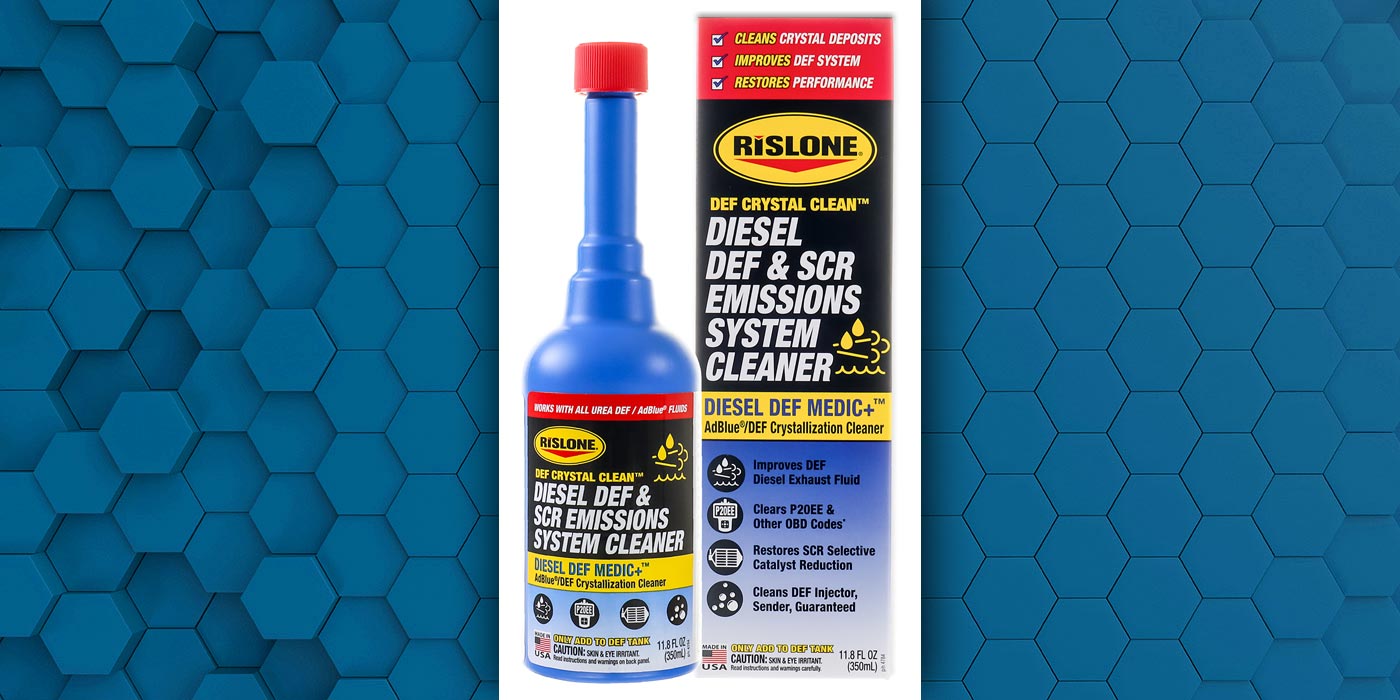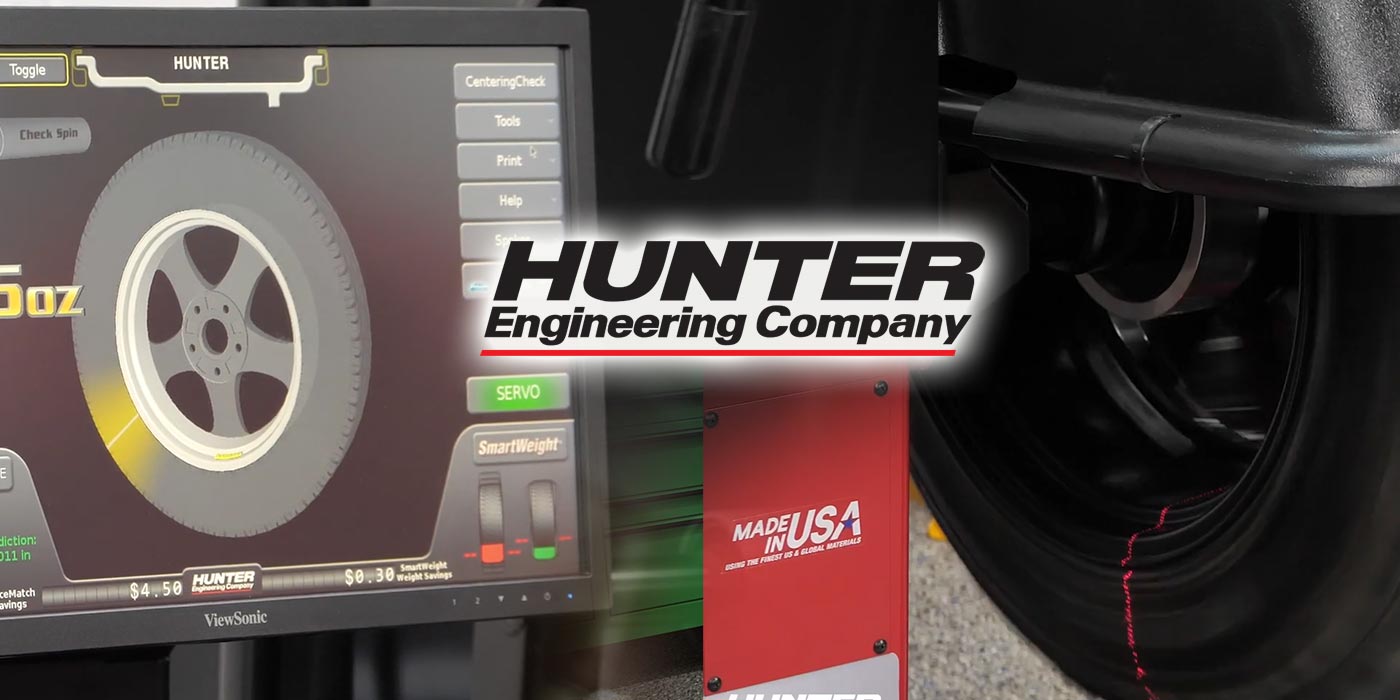It may not be the first fluid you think of on your truck, but coolant is extremely important both to the truck’s performance and to your fleet’s continued uptime. Here is a look at the top five things your fleet should know about spec’ing and maintaining coolant.
1. Don’t judge a coolant by its color
A common misconception is that people assume that the colors are standardized across the industry, but this is not always the case.
“It’s not guaranteed that the color means anything about the coolant. A lot of the time it’s more of a marketing decision,” said Lauren Lewis, senior technical support specialist with Fleetguard.
Colors vary based on manufacturer, she added, and coolants of like color may not contain similar chemistry.
“Relying on some type of performance testing or requirements is generally better than spec’ing a color,” Lewis said. “We’ve had customers ask us for a yellow coolant and the exchange has been: ‘Well, what do you want it to do?’ ‘We don’t care. We just want it to be yellow.’ That’s not the best way to go about making your purchasing requirements.”
2. Avoid listing conflicting specs.
According to Lewis, it may be better to list fewer relevant specs than all the specs you can find on various product bulletins or Google searches related to coolant. She suggests starting with ASTM D6210 (HD coolant spec) and relevant OEM specs if you are unsure which specs apply.
3. Understand the different types of coolant
OAT, ELC, IAT—there are quite a few acronyms in the coolant world, and it can be confusing to navigate. The first thing you should know is what the different types are and what they mean—and most importantly, what your trucks require.
Here is a brief overview of some popular varieties of coolant:
Organic Acid Technology (OAT)/ Extended Life Coolant (ELC): uses organic additives, generally has minimal maintenance requirements.
Hybrid Organic Acid Technology (HOAT): uses a mix of organic and inorganic additives, generally has moderate maintenance requirements. Hybrid/HOAT coolants may require the use of a Supplemental Coolant Additive (SCA) or extender.
Conventional/Inorganic Additive Technology (IAT): uses inorganic additives and generally has the highest maintenance requirements. Conventional coolants will require the use of an SCA.
Additionally, Lewis says that as electric trucks grow in popularity, many customers have been asking about coolant requirements and there is some confusion on that front.
“Most electric vehicle applications can use a standard engine coolant,” she says. “We recommend our OAT product for those applications.”
4. Top up with the same type of coolant
Most OEMs and manufacturers recommend trying to keep at least 80% of one technology in the system to preserve coolant performance, Lewis says. If you are unable to use the same product for top up, staying with a product that is a similar type (OAT with OAT or conventional with conventional) is a good practice.
5. Know your coolant maintenance requirements
Lewis recommends knowing what the maintenance requirements are for your product and what field tools you have available.
“There are some ways to check coolant in the field without having to do extensive testing, and if you know what product you have, then that will be very helpful,” she says. “OAT and ELC coolants don’t require as much maintenance, which makes things a lot easier for end users generally, as long as they check their freeze point.
“The older technologies—either hybrid or conventional technologies—do require that customers use additives. And so they’ll have to test the coolant and see how much they need to add, and then add that to the cooling system,” she continues.
“We have had a lot of customers that have changed fluids to a different type of fluid but are using the older maintenance practices,” Lewis adds. “That can cause some issues in the system in terms of the additive stability. You can create problems where things come out of the coolant solution and you have precipitates inside the cooling system. It also complicates your maintenance moving forward when you have a mix of two different technologies.”
To find the correct coolant for your equipment, visit now.cumminsfiltration.com/coolant. This article was sponsored by Fleetguard.

